Blogs and Free Resources
Here at PESI, our mission is to provide professionals like you with FREE practical and valuable tools, strategies,
and resources to assist with the great work you do. Find expert tips, helpful worksheets, demonstration videos, CE, news,
and more here. Happy learning!
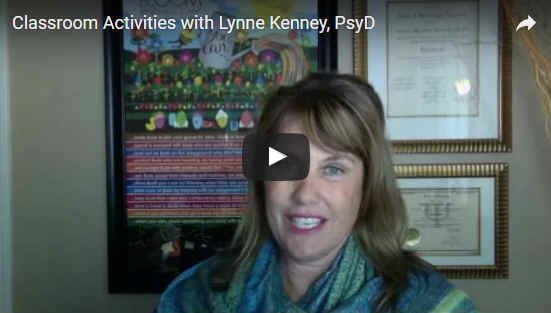
NEW Classroom Activities
Dr. Lynne Kenney recently released 2 practical programs introducing research-based activities from her most recent works Bloom Your Room and 70 Play Activities To Enhance Thinking, Self-Regulation, Learning and Behavior. Discover simple activities to enhance competence, confidence, communication and collaboration. Get ahead of misbehavior by teaching with the brain in mind!
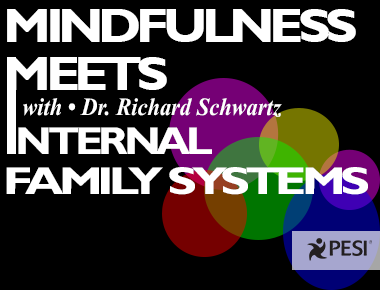
Mindfulness Meets Internal Family Systems: Richard Schwartz on Helping Clients Move from Acceptance to Transformation
A perennial quandary in psychotherapy, as well as spirituality, is whether the goal is to help people come to accept the inevitable pain of the human condition with more equanimity or to actually transform and heal the pain, shame, or terror, so that it’s no longer a problem. Are we seeking acceptance or transformation, passive observation or engaged action, a stronger connection to the here-and-now or an understanding of the past?
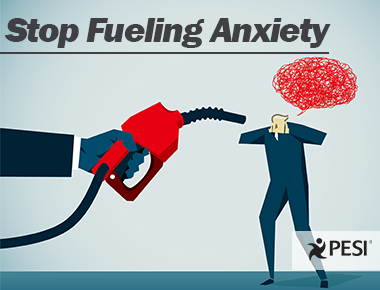
How You’re Fueling Your Own Anxiety And How to Fix It
Have you noticed that when people tell you “relax” or “calm down” you only feel more agitated and may even feel like flipping them off? Yet we usually give ourselves the same advice as we try to quiet the thoughts in our head. How do we address our anxiety without making it worse?
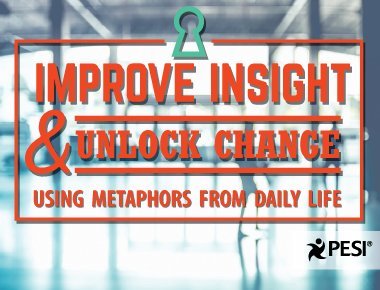
Improve Insight and Unlock Change Using Metaphors from Daily Life
Metaphors facilitate learning, create a memorable visual, and are usually well received by clients as they communicate a personally relatable point in a non-confrontational manner.
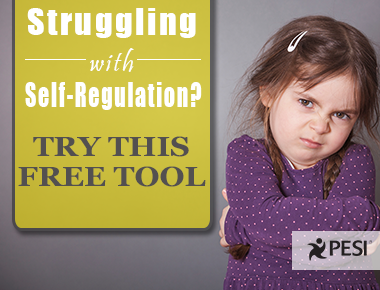
How To: Progressive Muscle Relaxation for Self-Regulation with Children & Adolescents
Progressive Muscle Relaxation Worksheet Included
Progressive Muscle Relaxation (PMR) is a great technique to use with children struggling with self-regulation because it allows for personalization of the scripted passages we use to guide the exercise. Read more to download your FREE PMR Worksheet...
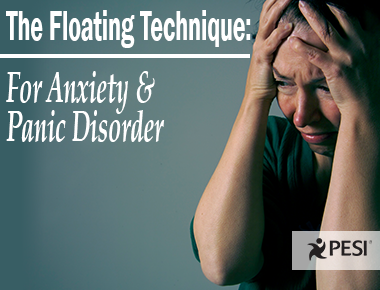
The Floating Technique: For anxiety and panic disorder
The floating technique includes four steps and can be used with both adults and children struggling with anxiety and panic disorder. Learn more in this short video with Paul Foxman, Ph.D.
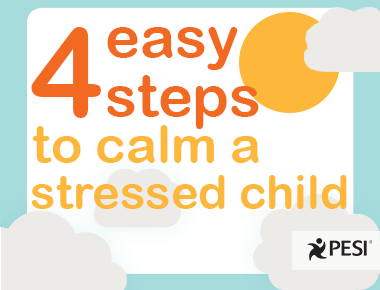
4 Easy Steps to Calm a Stressed Child
If you work with children who struggle with self-regulation, mind-body strategies that use yoga, meditation, mindfulness, and guided imagery can be especially effective, and often fun, for the child to gain their composure. Use this activity, called The Steps, at home, in the grocery store, or wherever life takes you.

Wearing Your Heart on Your Face: The Polyvagal Circuit in the Consulting Room
In the interview that follows, Dr. Stephen Porges offers some research-based insights into how therapists can more effectively convey safety to clients and clarifies the evolutionary roots of anxiety, depression, and trauma.
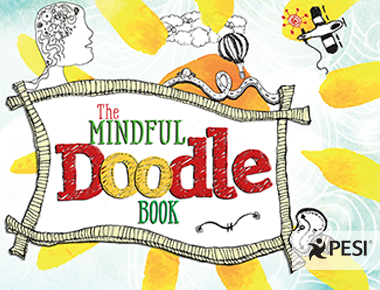
Mindfulness + Doodling = The Secret to Staying Focused & Present
5 FREE doodle exercises
Research has proven that doodling can enhance focusing skills, increase retention of information, ease feelings of impatience, and even inspire bursts of novel ideas. So go ahead - color outside the lines with these 5 FREE doodle exercises.
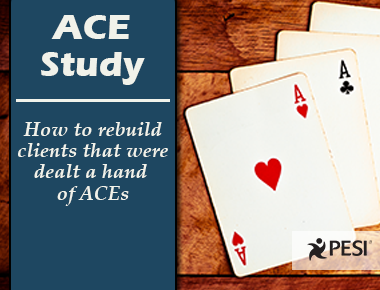
The Adverse Childhood Experiences Study and Why it Matters
In life, getting dealt a hand of ACEs is surely not the thrill that it is in a card game. But thanks to the ACE study, communities are developing creative ways to intervene and prevent intergenerational transmission of the issues caused by high ACE scores.



